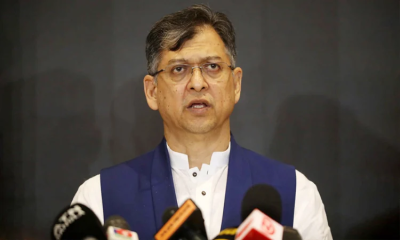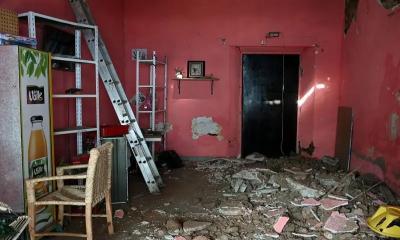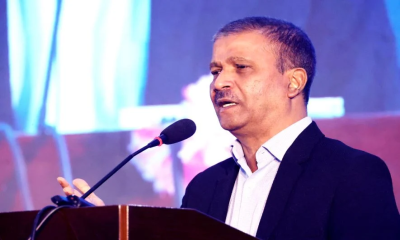The Dalai Lama has reaffirmed that the centuries-old institution of the Dalai Lama will continue beyond his lifetime, declaring that a successor will be chosen following traditional Tibetan Buddhist practices.
His statement sets the stage for a potentially intense geopolitical and religious conflict over the future of Tibetan Buddhism.
In a video message delivered to senior Tibetan Buddhist leaders gathered in Dharamshala, India, the spiritual leader confirmed that the process of identifying his reincarnation will remain in the hands of the Gaden Phodrang Trust—the traditional office of the Dalai Lama—asserting that no outside entity, including any government, holds the authority to interfere.
“I am affirming that the institution of the Dalai Lama will continue,” he stated, referencing requests from Tibetans and Buddhist followers urging the continuation of the lineage.
He emphasized that the search and recognition of the next Dalai Lama would be carried out in accordance with long-standing traditions.
This announcement comes just days ahead of his 90th birthday and amid growing tensions between the Tibetan community in exile and the Chinese government, which claims the right to approve the reincarnation under Chinese law.
Beijing has reiterated its demand that the selection of any future Dalai Lama must occur within China and under state oversight.
In contrast, the Dalai Lama has maintained in recent writings that his successor will be born in the “free world” and warned followers to reject any candidate chosen by Beijing.
This raises the likelihood of two rival Dalai Lamas emerging—one recognized by Tibetan religious authorities, and another endorsed by China’s Communist Party.
The succession of the Dalai Lama has long been a politically sensitive issue. China regards the current Dalai Lama, Tenzin Gyatso, as a separatist figure despite his commitment to non-violence and his call for genuine autonomy rather than full independence for Tibet.
From his base in Dharamshala, where the Tibetan government-in-exile operates, he has continued to champion the preservation of Tibetan culture, identity, and religious freedom.
Religious scholars and Tibetan leaders fear that China may replicate its strategy from 1995, when it installed its own Panchen Lama—traditionally second only to the Dalai Lama in Tibetan Buddhism—after detaining the child recognized by the Dalai Lama, who has not been seen since.
A senior official from the Dalai Lama’s office has confirmed that procedural details surrounding the reincarnation will remain undisclosed until the appropriate time.
Tibetan Buddhist leaders attending the religious gathering in Dharamshala issued a resolution strongly condemning China’s political manipulation of religious traditions.
The statement rejected any attempts by Beijing to influence the reincarnation process, stating they “will never accept it.”
As tensions over Tibet’s spiritual future escalate, the Dalai Lama has made it unequivocally clear: any reincarnation declared by a government that rejects religion holds no legitimacy in the eyes of the Tibetan people.


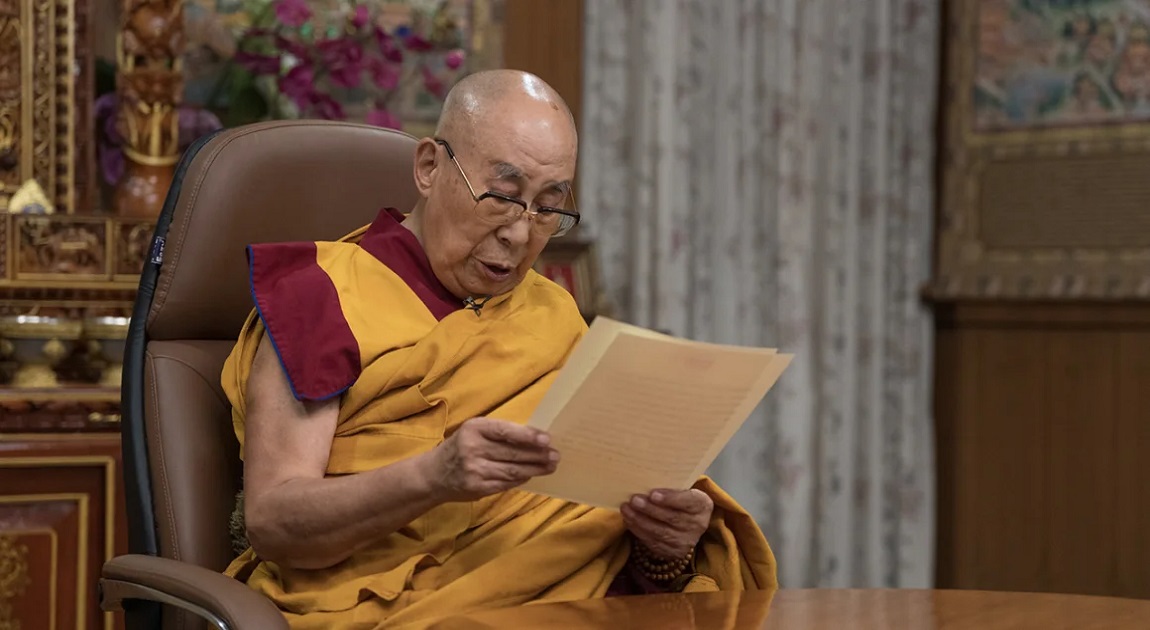

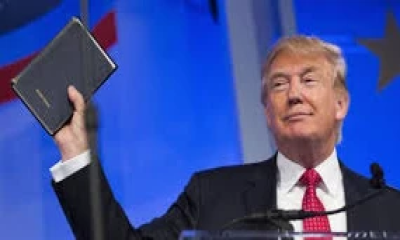
-20260108082414.webp)
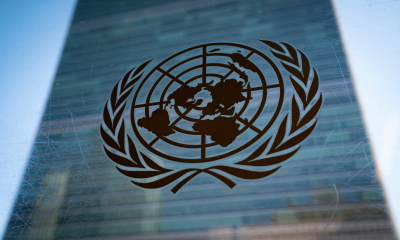
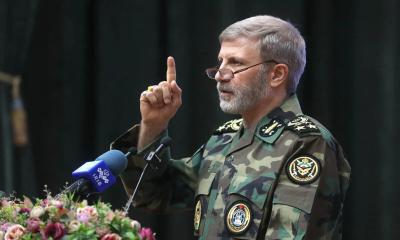
-20260107111805.webp)
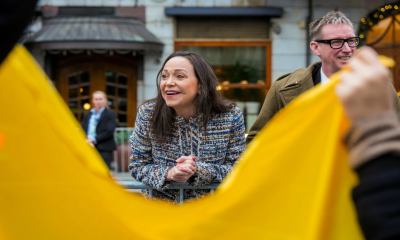
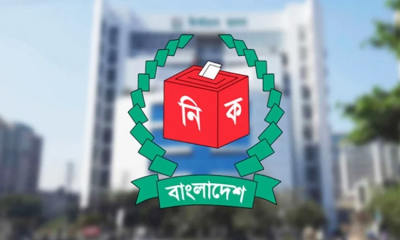
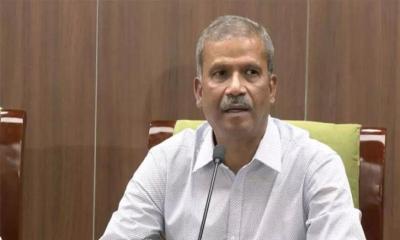
-20260108103159.webp)
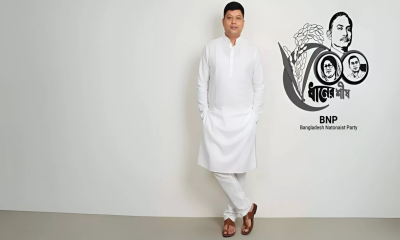
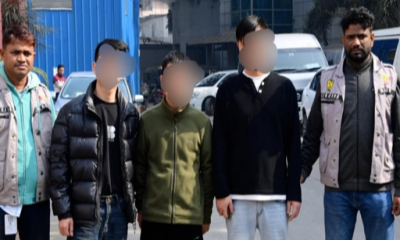

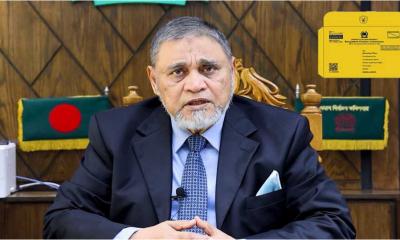
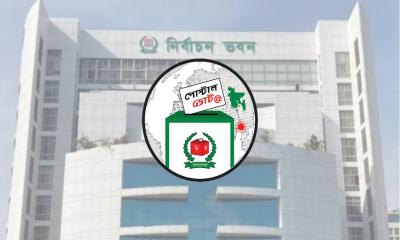
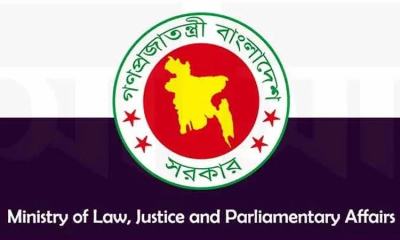


-(2)-20260102070806.jpeg)
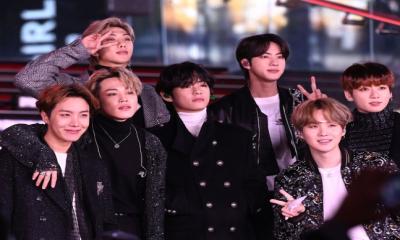
-(25)-20251122062715-20260105041159.jpeg)
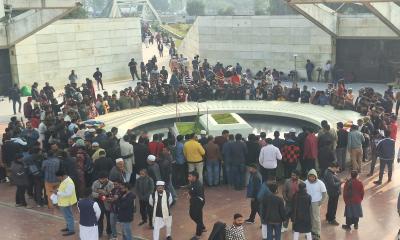
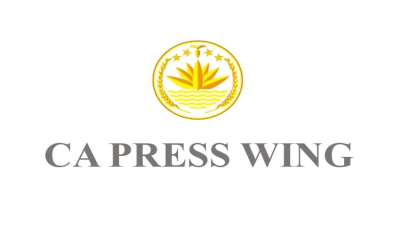

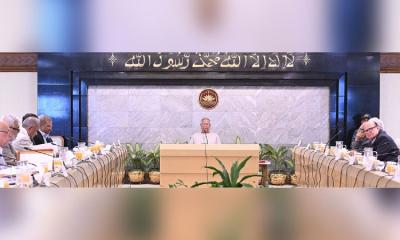
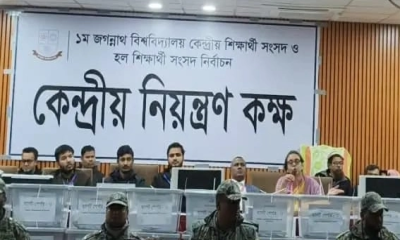
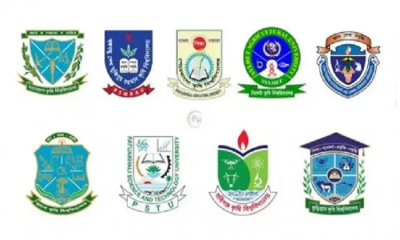
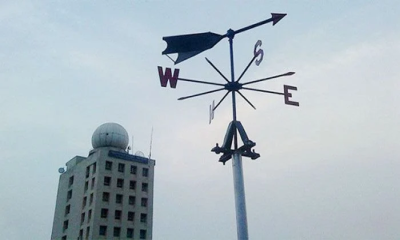
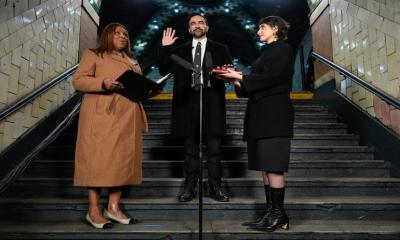
-20260103102222.webp)
